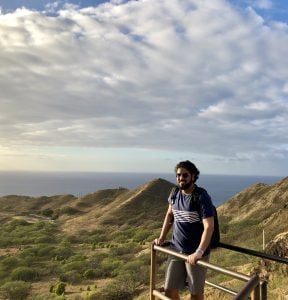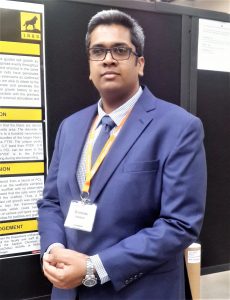The Graduate Student Support Group will meet weekly, starting Tuesday, January 21 from 5:30 pm to 6:30 pm in Counseling Services. This is open to Tech graduate students who may be suffering from some of the challenges associated with graduate school, like working in isolation, procrastination, impostor syndrome, and feeling overwhelmed. Connect with others around the unique experience of advanced education and exchange coping ideas, gain perspective and find some balance as you manage with the demands of grad school.Please contact Pat Frueh at pjfrueh@mtu.edu, if you have questions and would like to join the group.
Join the Graduate Student Government for a professional development workshop designed to prepare you to navigate the publication process from 4 to 5:30 p.m. tomorrow (Nov. 20) in Admin 404. Many graduate students are unaware of the issues, complications, and amount of time involved in the publication process until they actually begin to prepare or submit a manuscript for publication in a peer-reviewed journal.
GSG is continuing its 2019 professional development series with a professional development workshop entitled “Publishing Your Research.” This workshop will consist of an informal panel discussion with on-campus journal contributors and reviewers. This is a fantastic opportunity to gain useful tips and advice regarding manuscript preparation and submission, publication timelines, and addressing reviewer comments.
This event is open to all graduate students and postdoctoral fellows. Refreshments provided. Space is limited so be sure to register here for the event.

